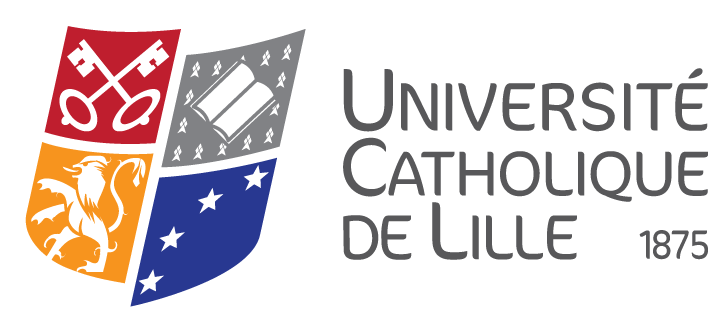La théologie de la nature et la science à l'ère de l'information
Résumé
The history of the relationship between Christian theology and the natural sciences has been conditioned by the initial decision of the masters of the "first scientific revolution" to disregard any necessary explanatory premiss to account for the constituting organization and the framing of naturally occurring entities. Not paying any attention to hierarchical control, they ended-up disseminating a vision and understanding in which it was no longer possible for a theology of nature to send questions in the direction of the experimental sciences, as was done in the past between theology and many philosophically-based thought-systems. Presenting the history of some hinge-periods in the development of the Western-world sciences, this book first sets out to consider the conceptual revolution which has, in the 20th Century, related consciousness, physical laws and levels of organization, in order to show that a new chance existed then for theology. This discourse was invited to revise its language to open it up to the quest for meaning which we find on the periphery of the project of the experimental sciences. The Century-old reflection on the foundations of probability had prepared the ground for the introduction of the concept of information, at first linked to an effort aimed at maximizing the efficiency of electromagnetic communications. Taking the full measure of the questions that information theory poses to the biological sciences, this work attempts to identify the areas of convergence setting the stage for general systems theory, while it also tries to identify the insufficiencies of this recent vision and to highlight the questions left unanswered. Re-reading some of the traditional proofs of God's existence from the order of the world, relying on some pioneering insights of Ludwig von Bertalanffy and Norbert Wiener, the author brings those proofs and insights in contact with the fascinating initial project of cybernetics and the elements of a "mythical" nature which, from its inception, it could never entirely eliminate. This book ends with the confrontation between the conceptually most extended regulation factors in the history of Western thought. It articulates the poetic utopia concerned with an immediate grasp of the world in its "deictic" character with the concurrent one aimed at the domination over matter and energy expressed by technology's driving rational utopia.
Depuis les années quarante un nouveau paradigme s’est développé à partir de la cybernétique et de la théorie mathématique de la communication : la "théorie de l’information". Celle-ci a montré sa fécondité dans les sciences de la nature et interroge aussi la théologie qui ne peut se dispenser d’une réflexion sur le monde, la nature et la création.
